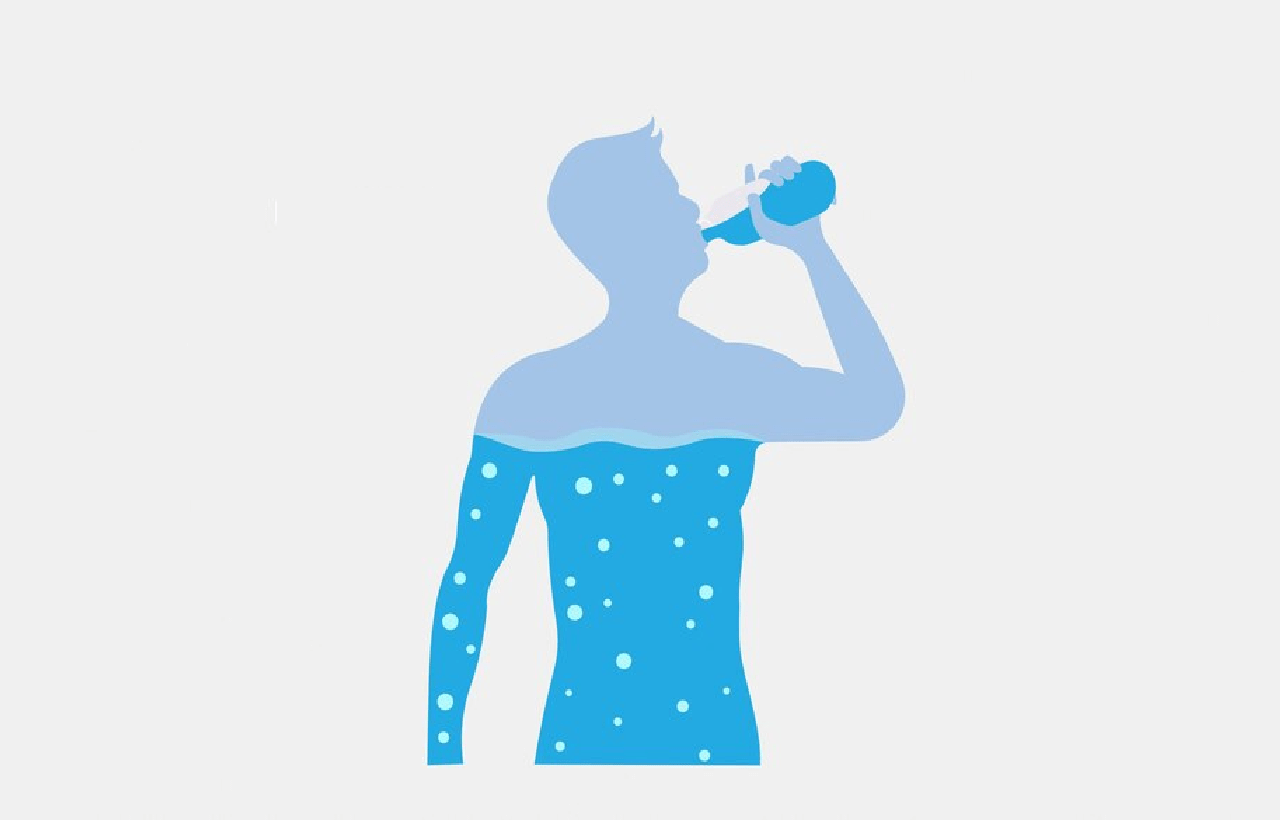Yes, you read it right. You don’t have to rely just on the water to keep hydrated. Many vegetables and fruits, such as melon and greens, are virtually entirely made up of water. The bulk of fluids, like milk, juice, and ginger tea, is made up of water.
Even caffeinated beverages, such as espresso and soda, can help you meet your daily water requirements. Limit your intake of sugar-sweetened beverages, however. Regular soda, adrenaline or carbonated beverages, and other sugary drinks sometimes have a lot of sugar, which might supply more calories than necessary.
